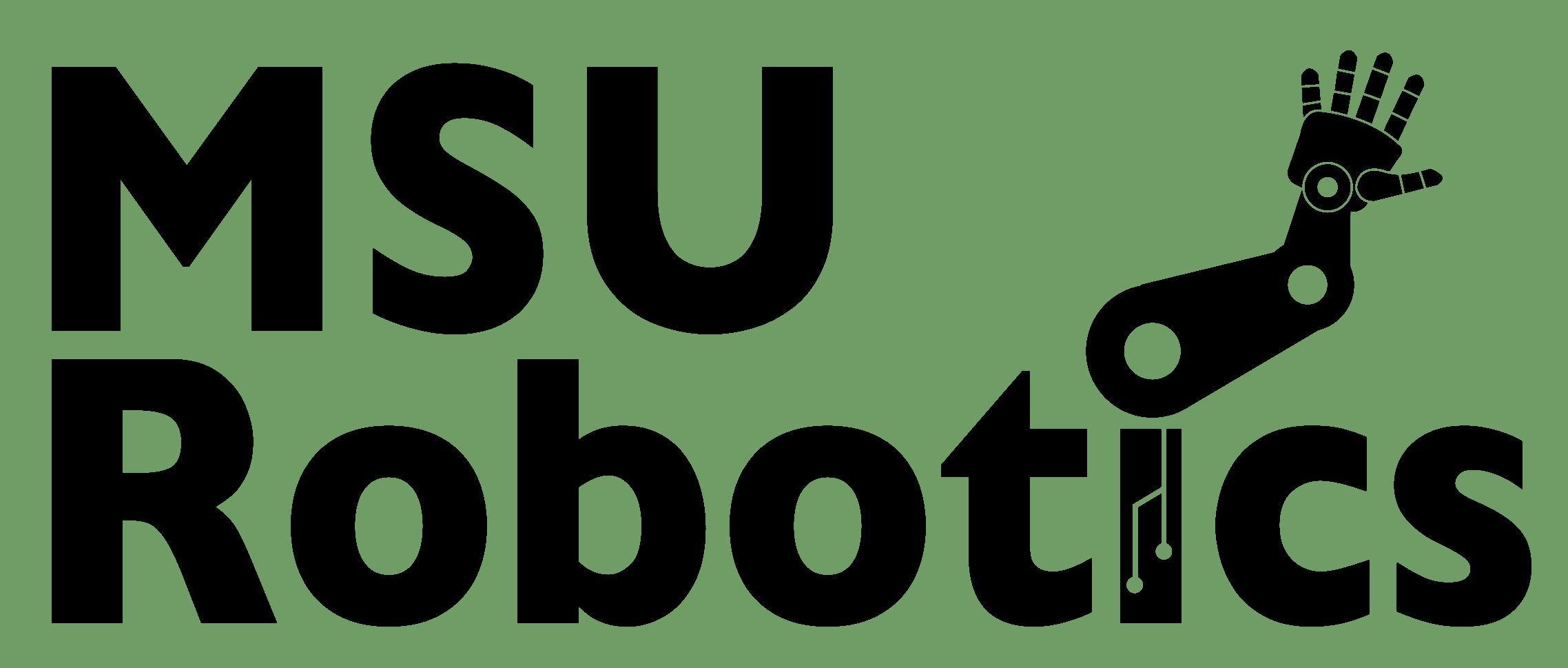Lei Zuo
Department of Naval Architecture and Marine Engineering
University of Michigan, Ann Arbor
Wednesday, March 29, 2023 | 11:00 AM | EB1502
Abstract: Covering 72% of the earth’s surface, oceans and lakes cover contain vast but untapped renewable energy and hold great potential for climate change mitigation. This includes the ocean waves, tides, currents, and offshore wind. For wave energy alone, the theoretically available potential in the US exceeds the total electricity generated from all sources and the power density is 10 times as the solar. The United Nations declared 2021 to 2030 as the “Decade of Ocean Science for Sustainable Development”. The “blue economy” is an emerging concept that envisions the sustainable development of ocean resources while improving societal well-being and equity (World Bank 2017). Central to this is the availability of marine renewable energy for powering the blue economy. The marine energy can play a critical role to power the blue economy and interweave into the blue society. Intensive research on marine energy has been done since the energy crises in the 1970s and 2000s, however, its widespread adoption is still in infancy because of convergence challenges in engineering, economic, and socio-environmental perspectives. In this talk I will first present our transdisciplinary research on ocean wave energy harvesting and recent results in power takeoff design, hydrodynamics, power electronics, control co-design, wave tank and ocean tests, at the scale from 100W to 100KW. I will then discuss the powering the blue economy applications, including seawater desalination, offshore aquaculture, marine communication, ocean observations, and hybrid wave-current generation. By making dual usage of wave energy harvesting for vibration control, we can also significantly stabilize the offshore wind turbine platforms and achieve collocated wind-wave energy conversion. Finally, I will summarize the talk with my vision of driving the research convergence of marine energy through multidisciplinary research collaboration, crosscutting academia- industry-community partnership and multi-dimensional workforce training.
Bio: Lei Zuo joined the University of Michigan as an endowed professor in August 2022. He was previously a Professor of Mechanical Engineering, Electrical Engineering, and Ocean Engineering at Virginia Tech, and the director of NSF Industry-University Cooperative Research Center (IUCRC) for Energy Harvesting Materials and Systems. His research interest includes marine renewable energy (ocean waves, tides, currents, offshore wind), energy harvesting, vibration and control, mechatronics design, automotive engineering, and advanced manufacturing. His work has been funded with over 90 projects of USD $27M (personal share $18M) by various funding agencies and industries. He has authored about 370 papers including 15 with the best paper awards. He has supervised 70 Ph.D. and master students to completion of their degrees, mentored 16 postdocs, and advised about 200 undergraduates in senior designs or research. Lei Zuo was the sole recipient of the 2017 ASME Leonardo da Vinci Award and the 2015 ASME Thar Energy Design Award. He also received R&D 100 Awards twice (2015 and 2011) and the 2014 SAE Ralph R. Teetor Educational Award. Lei Zuo completed his BS (07/1997) from Tsinghua University and his MS (02/2002) and Ph.D. (02/2005) from MIT. He had four years of industry working experience.

